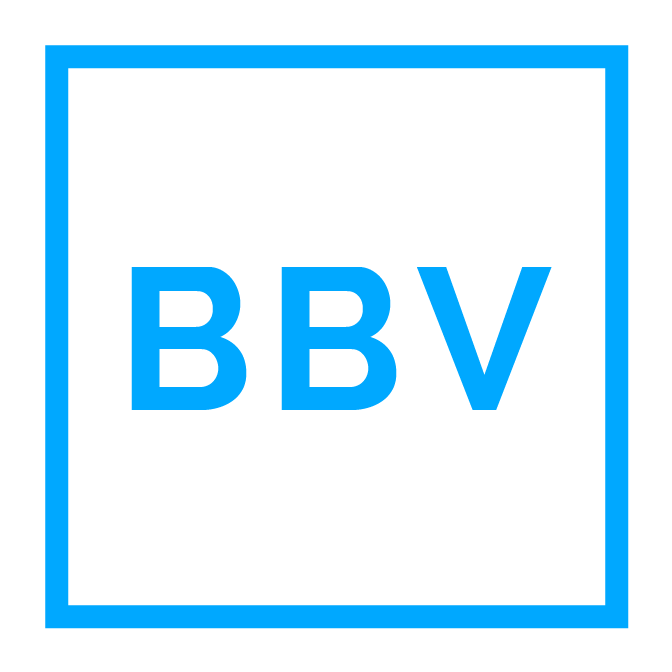04 Jun BBV Founder Spotlight: Correlia Biosystems
The BBV Founder Spotlight is a series of posts highlighting founders from our portfolio companies and the incredible work they are pursuing to solve the challenges in critical industries such as health and climate through technology innovation.
Authored by Bryan Tom and Julie Reynolds
When Kwasi Apori first enrolled at Berkeley, he never thought that he would be founder of one of the most innovative biosciences companies in the bay focused on utilizing immunoassay tools which use a proprietary gel technology to accelerate the molecular interactions that are fundamental to measuring proteins.
The inspiration for their story came when they were spun out of a lab from UC Berkeley. Kwasi was working in Amy Herr’s BioEngineering Lab when he and his team were approached for collaboration to work with Novartis. The goal of their work was funded research to make rapid and efficient point of care diagnostic technologies for Hep-C. In collaboration with his co-founders Samual Tia and Kursad Araz, they began brainstorming the opportunities in Proteomics. Recognizing that incremental improvements in genetic sequencing have yet to emerge, and the challenges associated with these tests, the belief was that new technologies could emerge.
Throughout their product development process Kwasi and their team began to believe that their technology could be applied to other areas, specifically in testing and measurement for other protein targets. Coming fresh from his PhD and Post-doc with his co-founders, they decided to run with their idea and see if they could introduce technology traditionally only found in the lab to the general market.
When starting off, they recognized that they needed somewhere to work and locate themselves. Coincidently, it was 2013, the first year that a new incubator at Berkeley, CITRIS Foundry, was started. Kwasi and team formed Correlia Biosystems, applied, and were accepted. Their first incubator program, CITRIS offered them working space out of Berkeley’s Sutardja Dai Hall. With the support of this program, they started what they knew best, writing grants. Coming from academia this was second-nature to him and his founders. During their first six months they crafted proposals for a number of organizations including the NIH and NSF, successfully securing two grants that enabled them to start setting up their initial lab.
While the initial hardware and 3D printing resources the CITRIS Foundry offered were helpful, the team quickly realized they needed bio-safety lab equipment. To accommodate this, Correlia moved to the QB3 lab near UCSF Mission Bay’s campus. Around the same time, they also received sponsorship by J-Labs which offered the funding and resources to begin developing an initial prototype of their measuring technology.
This initial success proved pivotal. It allowed them the foundations to begin approaching private customers, leading to their first pilot contract with Amgen. As they scaled, they started formalizing their offering, participating in Y Combinators accelerator program to continue to grow their offering.
To date, Correlia has started to work on new product features specifically to handle COVID-19. Its initial launch has focused on the research use and instrumentation. Some interesting things include identifying factors that lead to Cytokine storms, reactions to the patient’s immune system that leads to an infection and poor outcomes. Correli is currently developing a panel of Cytokines signaling proteins to look for collaborations to investigate if their technology can be useful in the space in which they operate. They are looking into new panels and targets to develop serology tests for detecting antibodies for individuals exposed to COVID-19. Kwasi mentions that while they will not be operating in the first stage diagnostics, panels will be better for epidemiological study as a quantitative base.
Kwasi has mentioned that as of now, Correlia is in the early stages of developing rapid proteomics tools and is planning its series A. The company has grown to eight people with the goal of launching its first commercial product near year. Its new technology standardizes a platform that replaces cumbersome measures for measuring protein biomarkers.
In reflecting on their success, Kwasi credits a number of organizations that supported him throughout the process. The initial incubators in QB3, J-Labs, and the CITRIS Foundry were crucial in supporting their technology development early on. These programs provided use of prototyping technologies, design and modeling support, access to core biology facilities and expensive lab equipment that enabled them to conceptualize their MVP.
In reflecting on their desire to take on external funding, it started from the need to understand the business model. A a scientist, Kwasi emphasized the importance of learning business skills, from selling the story to investors on vision and company to de-risking the technology (with the support of non-dilutive grant funding) and thinking through customer risk. Kwasi highlighted that the combination of SBIR programs sponsored by NSF / NIH, the iCorp program, and the “Lean Launchpad” program which allowed them to learn business curriculum, were crucial
Now that the team has completed its beta products, launched a limited pilot service with a number of biotechnology companies, and analyzed countless samples provided from customer instruments, Kwasi fondly remembers those involved along the way, including Patrick Scaglia and Alic Chen from Blue Bear Ventures with whom he first met years ago at CITRIS Foundry. Having established long-term relationships with them, he has since maintained contact, highlighting them as great advisors, in particular in developing Correlia’s hardware. Patrick’s prior experience as CTO at Hewlett Packard was directly translatable to their work. Once they graduated from the Foundry and joined bio-specific incubators such as J-Labs, their foundation fueled their ability to raise institutional funding and eventually raise their seed round going through YC. Kwasi recalls that even when he first pitched the company idea to Patrick and Alic, they immediately recognized the vision of the company.
Reflecting on their success to date, Kwasi has highlighted a number of areas that are helpful to new founders, chief among them, UC Berkeley’s entrepreneurship ecosystem. Berkeley’s ecosystem and support for founders has grown in the past decade with numerous programs including the CITRIS Foundry, Sky Deck, Launch and may more dedicated solely to startup founders. He would encourage aspiring deep tech entrepreneurs to start thinking about applying to and participating in these programs early on, even before completing their academic career (either undergrad or grad). Based on his own experience, overlapping their academic work as they embarked on their entrepreneurial path would have provided a smoother transition that has would have been quite valuable. For instance, writing SBIR grants during the last year of school as opposed to after they had graduated would have enabled them to minimize the gap between self funding and receiving external financing. Finally, he’d like to remind budding entrepreneurs to talk to customers early and often, not being able to emphasize the importance of getting feedback about the product to understand the market fit.


Sorry, the comment form is closed at this time.